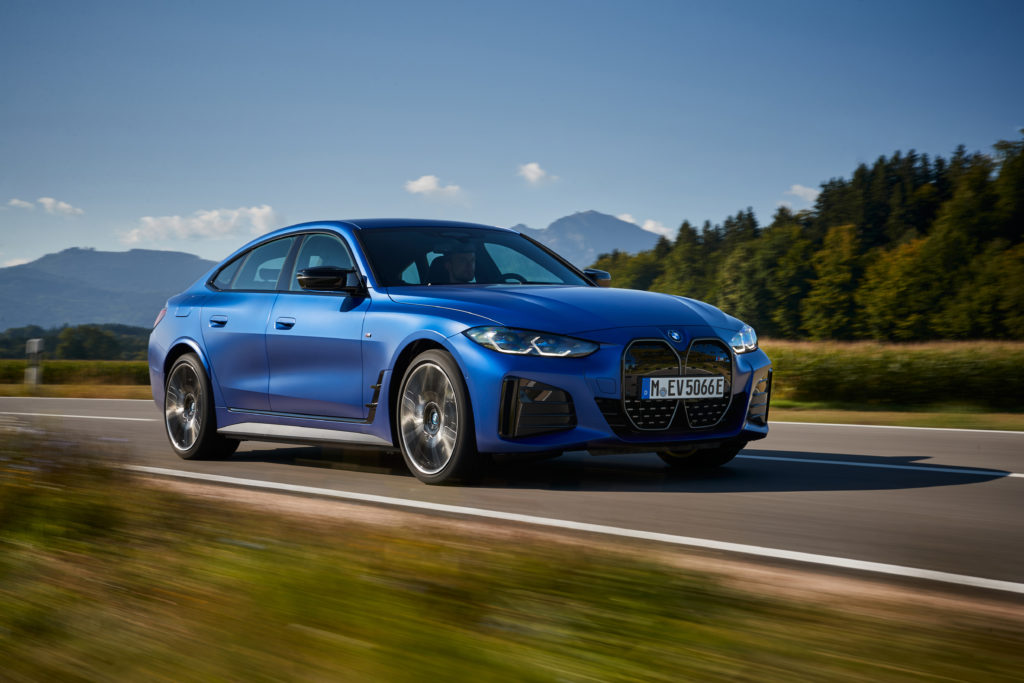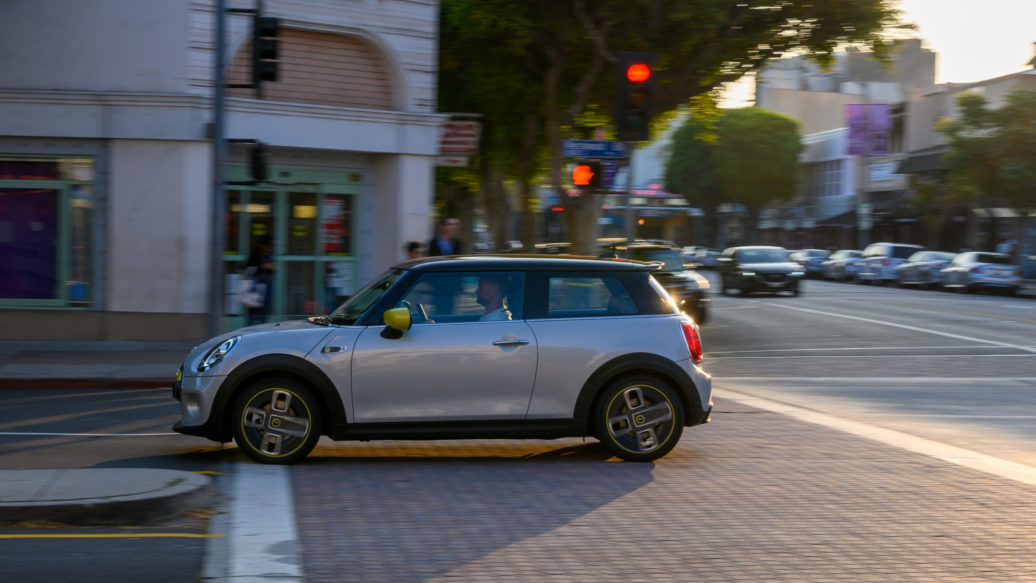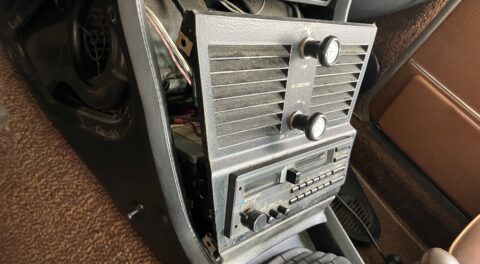According to a recent survey conducted by Mini USA—one which has been using the same set of questions since 2019—the opinion of American consumers regarding electric vehicles is changing. The results of the survey, conducted during the first week of April, are said to indicate that more Americans, specifically younger and female drivers, now view electric vehicles as being suitable for the role of the primary household vehicle. In comparison with the results of the survey from 2019, this represents a shift, since back then more respondents classified EVs as commuter or city cars.
“Over the last three years electric vehicles have become more mainstream, making great strides in both technological advancements and in consumer perception,” said Andrew Cutler, head of communications at Mini USA. “As MINI is moving to become fully electric by 2030, it is important that we and other EV brands with skin in the game continue to demonstrate that EVs are more accessible and satisfying to drive for everyone.”
In addition to learning how people view EVs, the survey also gathered information related to consumers’ awareness of charging infrastructure, personal attitudes towards EV ownership, and travel needs.
Average daily travel distance is one metric that has remained consistent since 2019, with 76% of those polled saying they need no more 75 miles worth of range on a daily basis. The 76% of respondents is up only 3% since 2019, indicating that all new EVs currently on the market, which offer far more than 75 miles worth of range, would be suitable for these buyers. For example, the Mini Cooper SE offers a range of 124 miles on a single charge, while the i4 eDrive40 can go 300 miles, the i4 M50 245 miles, the iX xDrive50 324 miles, the iX M60 280 miles, and the upcoming i7 xDrive60 300 miles.

On the other hand, consumers are now expecting EVs to charge faster, with 67% of respondents believing it should take no more than an hour to charge an EV; back in 2019, it was 59%. Just for reference, it takes over eight hours to completely charge a BMW i4 M50 with a 220-volt, 50-amp power source.
Perceptions regarding EV ownership and charging infrastructure also painted a different picture. In the 2022 edition of the survey, 63% of respondents still considered current EV owners to be early adopters, a metric that has dropped just 3% since 2019, indicating that EVs and their technology remain foreign to many consumers. Moreover, only 35% of those surveyed know where their closest EV charging station is, which isn’t much of an improvement over the 26% that were aware in 2019.
Inquiries regarding the up to $7,500 federal tax credit most EV buyers qualify for show that those who could stand to benefit the most from the program may know the least about it. Mini says 50% of college graduates, particularly those from high-income households, consider the $7,500 federal tax credit an important purchasing factor. That impression is said to fall sharply among consumers with no college education, or those who live in lower-income households, where the tax credit could have the most benefit.
The survey used a sample size of 1,016 adults, 488 of which were men and 516 of which were women, and was conducted from April 1–3.—Alex Tock
[Photos courtesy BMW AG.]





















